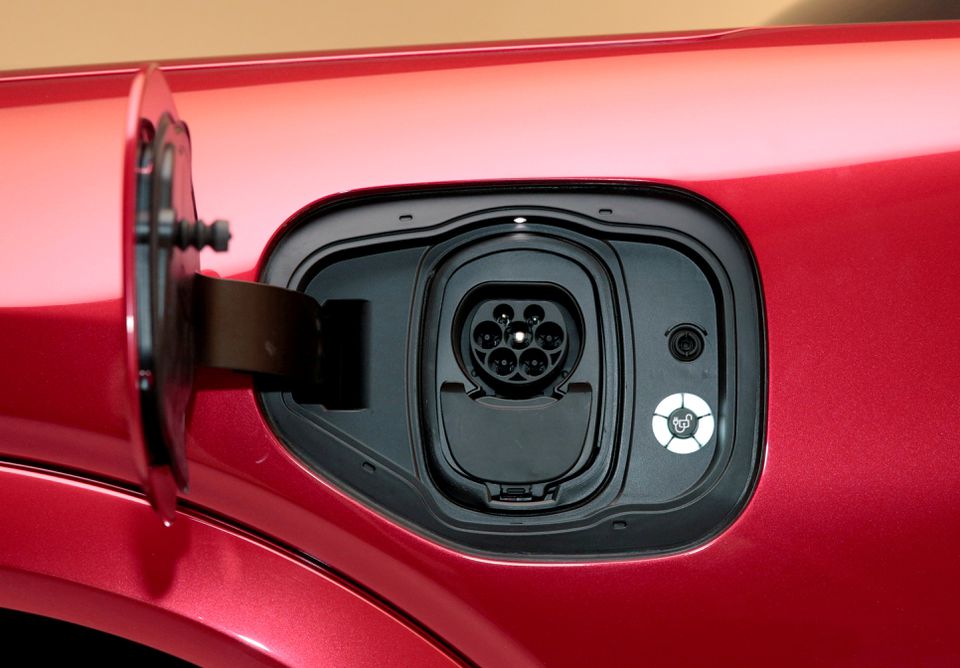U.S. President Joe Biden will sign an executive order on Thursday setting a target to make half of all new vehicles sold in 2030 zero-emissions vehicles and propose new vehicle emissions rules to cut pollution through 2026, the White House said.
Biden’s goal, which is not legally binding, won the support of major U.S. and foreign automakers who warned it would require billions of dollars in government funding.
General Motors Co (GM.N), Ford Motor Co (F.N) and Chrysler-parent Stellantis NV (STLA.MI) confirmed in a joint statement that they aspire “to achieve sales of 40-50% of annual U.S. volumes of electric vehicles… by 2030.” Reuters reported the planned automaker announcement on Tuesday. read more
Biden’s 50% goal and the automakers’ 40-50% aspiration includes battery electric, fuel cell and plug-in hybrid vehicles that also have a gasoline-engine.
UAW President Ray Curry noted the EV goal but said “the UAW focus is not on hard deadlines or percentages, but on preserving the wages and benefits that have been the heart and soul of the American middle class.”
Biden’s new executive order sets a new schedule for developing new emissions standards through at least 2030 for light duty vehicles and as early as 2027 for larger vehicles.
Dan Becker, director of the Safe Climate Transport Campaign, said the plan “relies on unenforceable voluntary commitments from unreliable car makers….Voluntary pledges by auto companies make a New Year’s weight-loss resolution look like a legally binding contract.”
The Detroit 3 automakers said the aggressive EV sales goals can only be met with billions of dollars in government incentives including consumer subsidies, EV charging networks as well as “investments in R&D, and incentives to expand the electric vehicle manufacturing and supply chains in the United States.”
Hyundai (005380.KS) said it supports the 2030 40-50% EV sales goal. Toyota (7203.T) said in a statement the goal was “great for the environment” and added “you can count on Toyota to do our part.”
U.S. regulators plan to propose revising former President Donald Trump’s March 2020 rollback of fuel economy standards. Trump required 1.5% annual increases in efficiency through 2026, well below the 5% yearly boosts set in 2012 by President Barack Obama’s administration.
BMW (BMWG.DE), Honda (7267.T), Volkswagen (VOWG_p.DE), Ford and Volvo Cars (0175.HK) — which previously struck the California deal — — said in a joint statement they support the “administration’s goal of reaching an electric vehicle future” but also said “bold action from our partners in the federal government is crucial to build consumer demand for electric vehicles.”
Consulting firm AlixPartners in June said investments in electric vehicles by 2025 could total $330 billion. As of now, electric vehicles represent about 2% of total global vehicle sales, and will be about 24% of total sales by 2030, the firm forecast.
Biden has called for $174 billion in government spending to boost EVs, including $100 billion in consumer incentives. A bipartisan Senate infrastructure bill includes $7.5 billion for EV charging stations but no money for new consumer incentives.
GM aspires to end sales of new U.S. gasoline-powered light duty vehicles by 2035. Ford has said it plans “at least 40% of our global vehicle volume being all-electric by 2030.”











